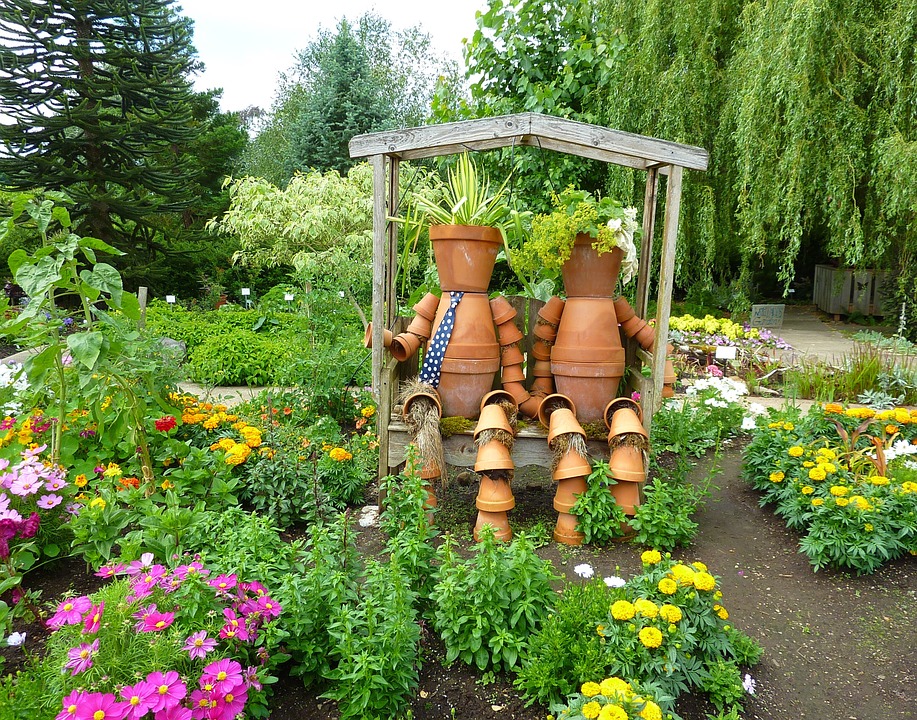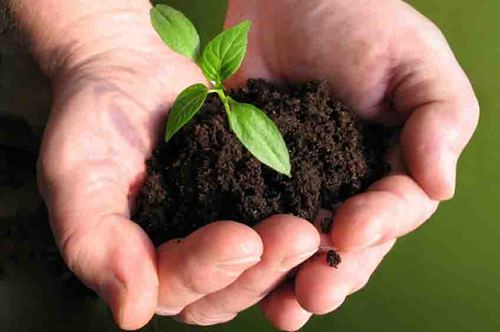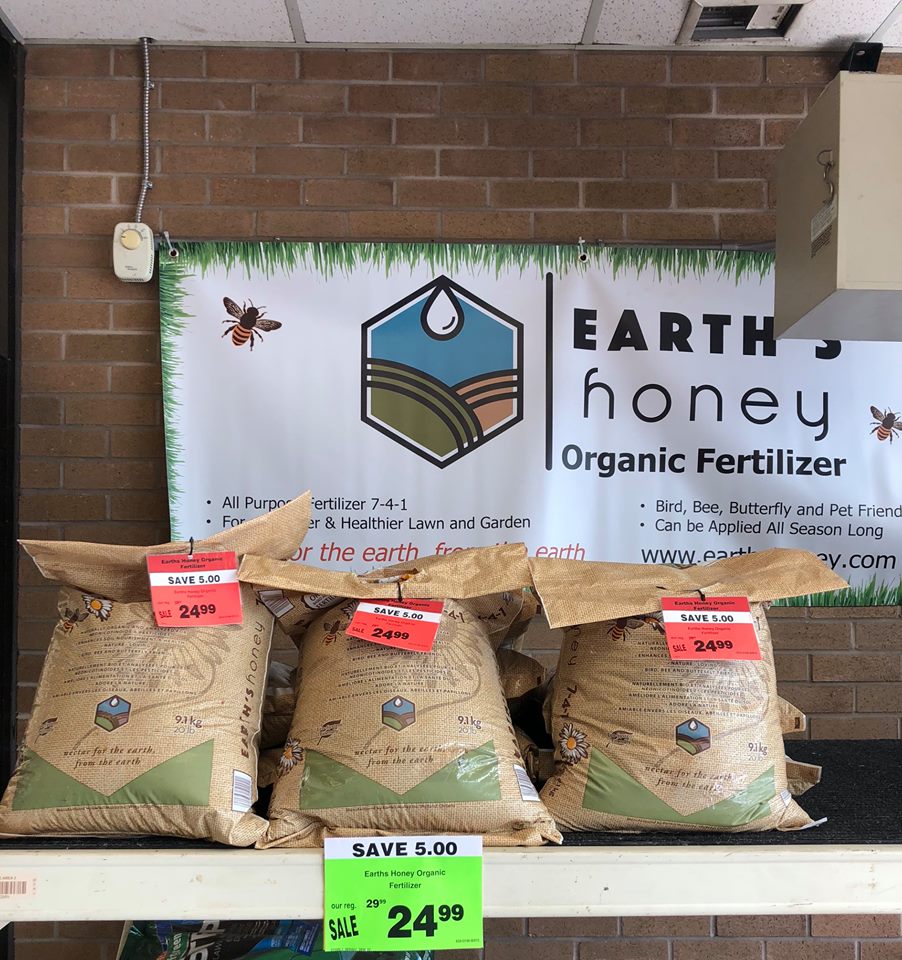Plants grow up fast. Their growth rate varies from plant to plant. Let’s look at the growth process of some common house plants, the factors that affect plant’s growth and the growth rate.
Factors for Plant’s Growth:
Fertilization is the catalyst and sunlight is the energy driver for plant. Both these factors are very much needed for any plant’s growth. Try and use organic fertilizer rather than chemical fertilizer. Earth’s Honey is the best organic fertilizer in Ontario in Canada. Spring to Fall is the best season for any plant’s growth. Light will be less during winter. Use Fertilizers only during growing season; in rare cases use fertilizers during winter season.
Fast Growers:
A plant from a seed gives flowers which produces seeds within few months are called Fast growers.
Ex: Herbs, veggies, outdoor plants, garden flowering plants, begonias, oxalis, geraniums, piles.
Every week we can see the difference in plant’s size. Fertilize them every 2 weeks once.
Medium Growers:
Plants which will grow only if they have more light are medium growers. Most of the house hold plants fall into this category.
Ex: Pothos, Caletheas, Succulents, Monsteras, Peperomias, and some Orchids.
Every Month we can see the difference in plant’s size. Fertilize them every month.
Slow Growers:
Plants which will grow slowly irrespective of the light received are slow growers. Most of the house hold plants fall into this category.
Ex: Cacti and some Succulents, Ponytail palms, Dracaenas, Orchids, Bird of paradise plants, Marimos.
Any plant in low light will not have energy to grow at all, and may either go into dormancy, or try to grow spindly or pale to find light. Fertilize them every 3 months once.










